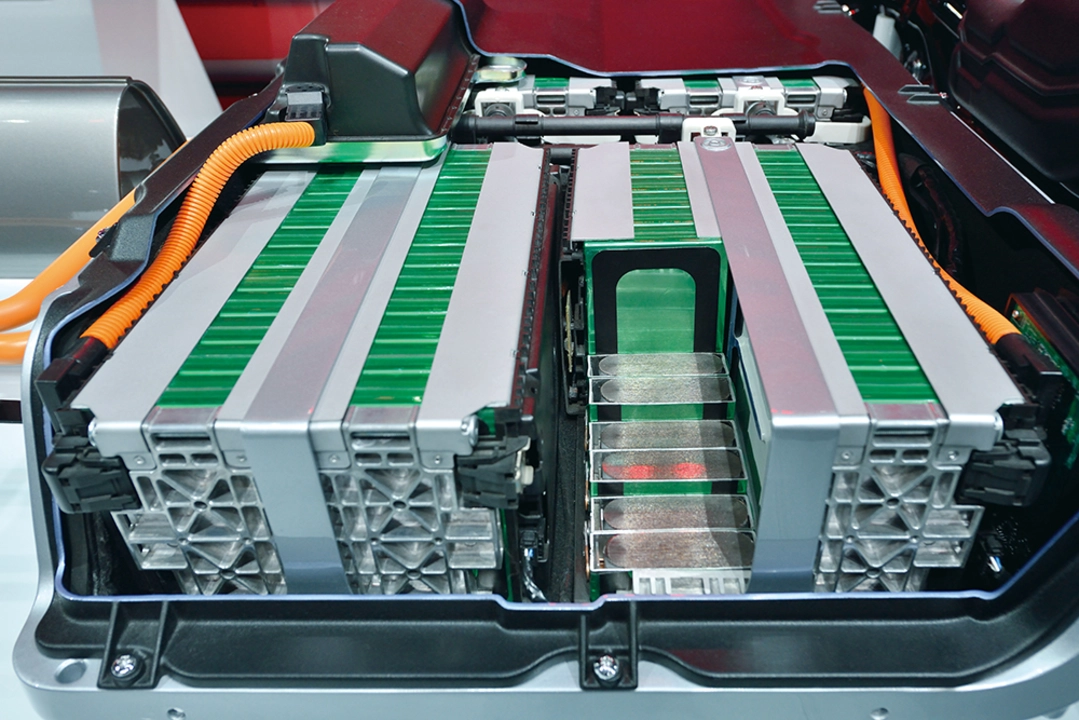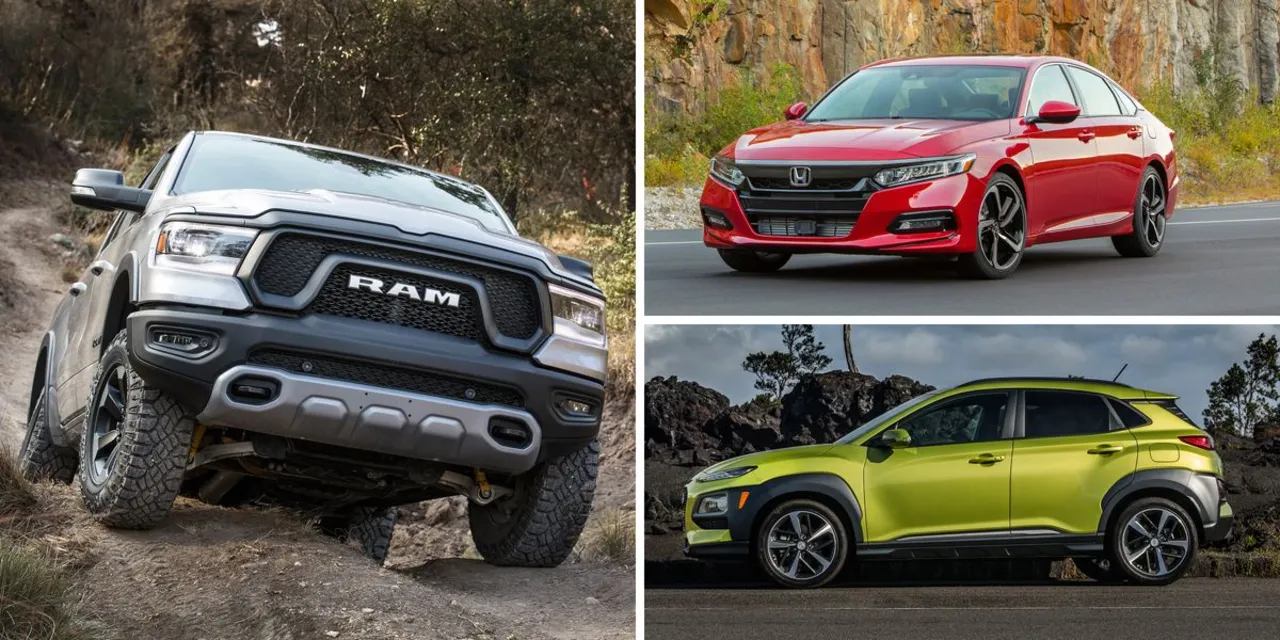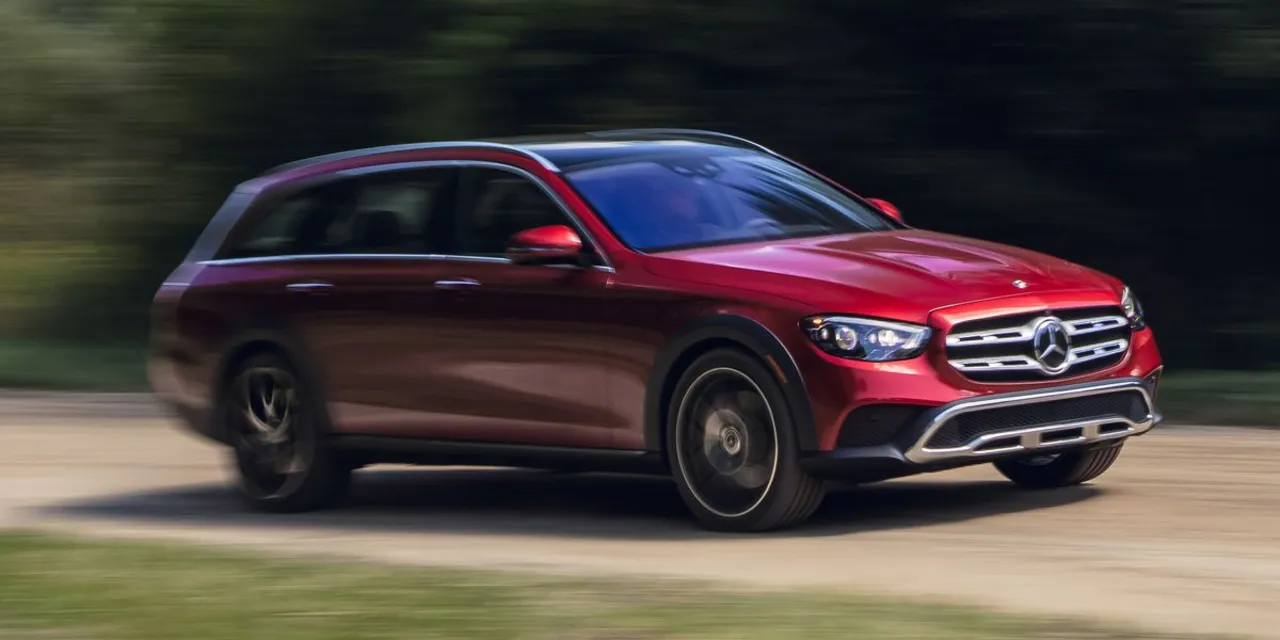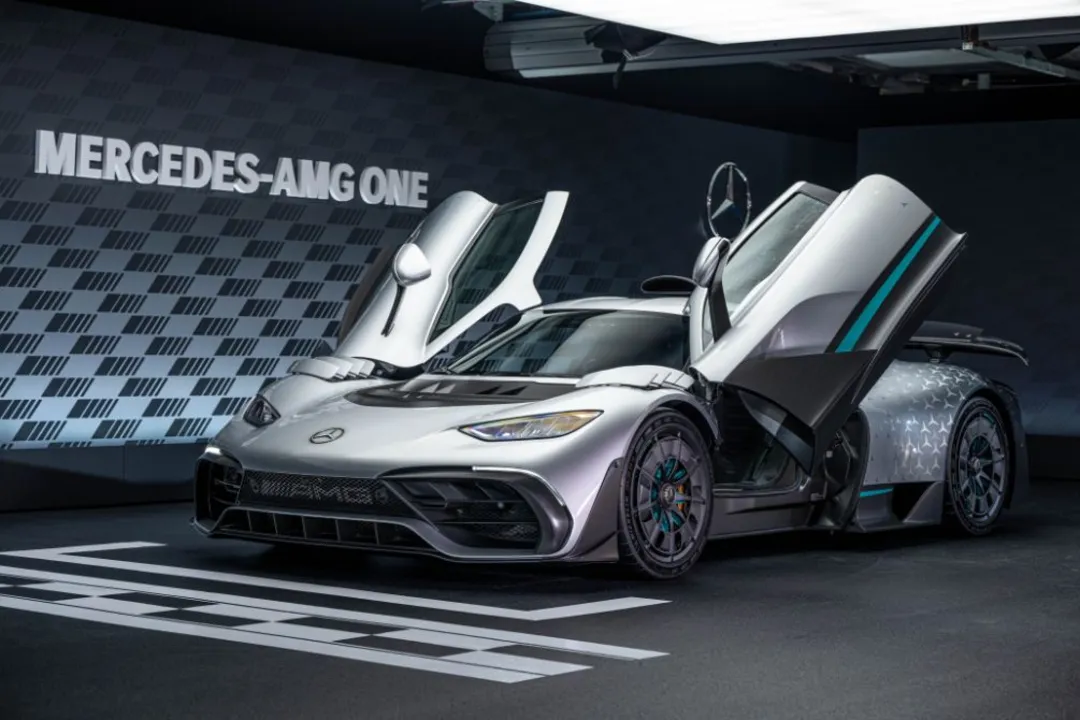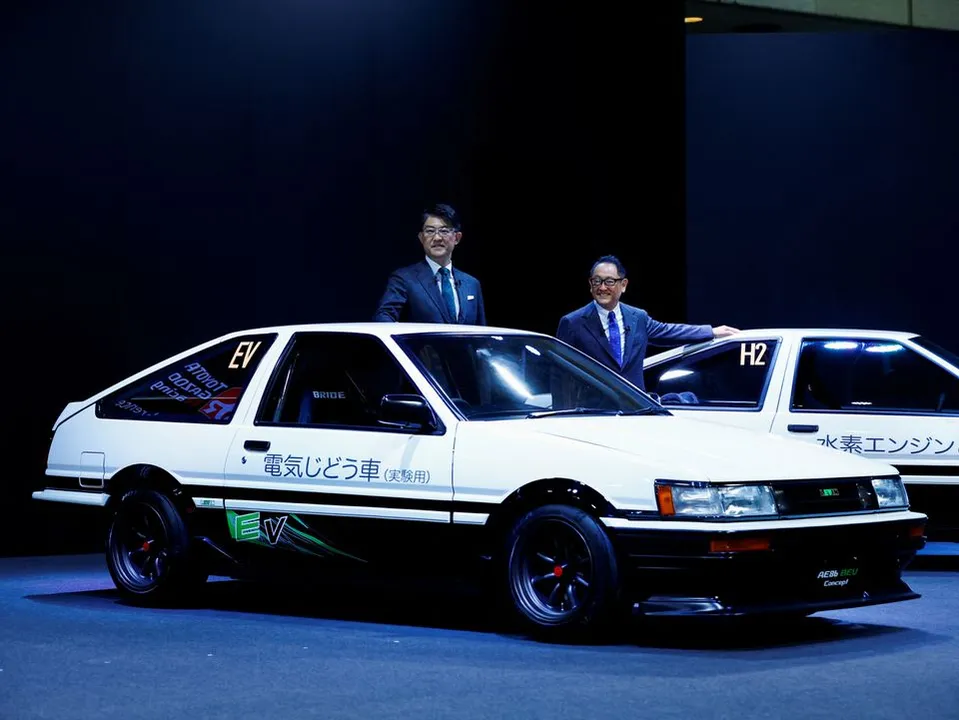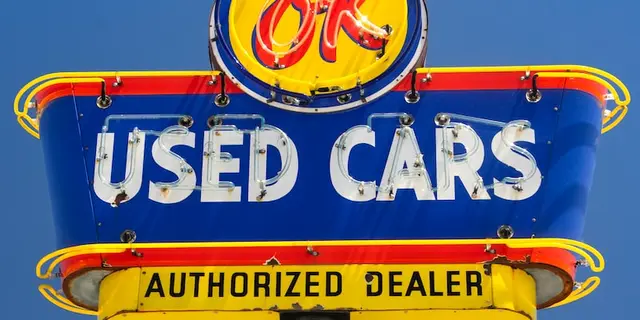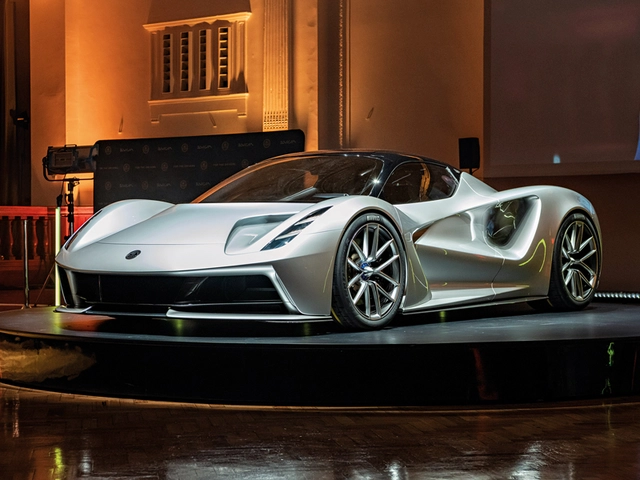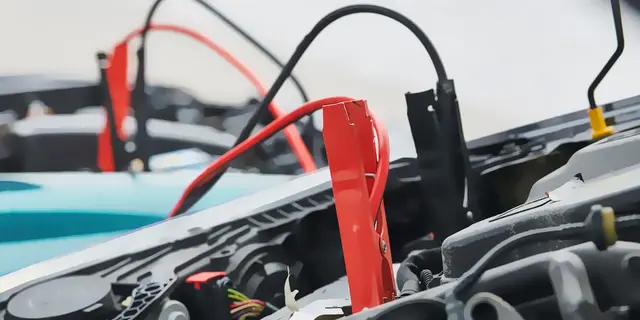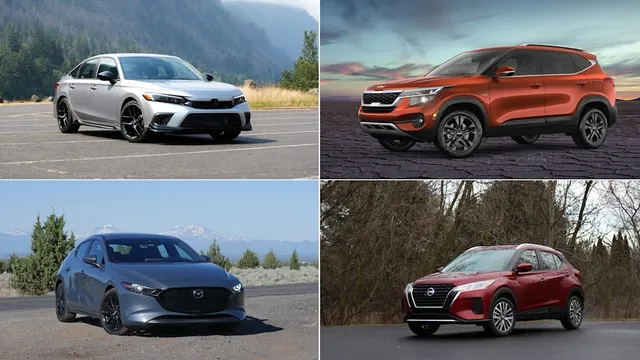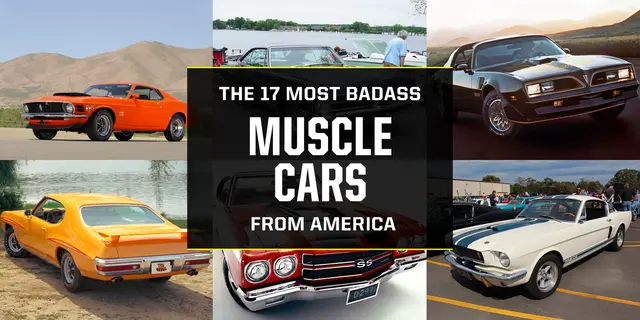As an electric vehicle owner, I've often wondered why my car has such a limited range compared to traditional gas-powered vehicles. One major reason is that electric vehicles rely on batteries, which still have lower energy density than gasoline. Additionally, factors like weight and aerodynamics play a role in the reduced range, as heavier vehicles require more energy to move. Moreover, the energy efficiency of electric motors tends to decrease with the increasing speed, further impacting the range. While advancements in battery technology are continually being made, it's important to remember that electric vehicles still have a long way to go to match the range of their gas-powered counterparts.
In my latest blog post, I discussed sedan cars and how they differ from other types of cars. A sedan is a car with a three-box configuration, featuring separate compartments for the engine, passengers, and trunk. Compared to other car types, sedans usually offer more comfort and space for passengers, making them ideal for families. However, they may not be as sporty or fuel-efficient as hatchbacks or coupes. Overall, sedans are a popular choice for those seeking a balance between practicality and style.
As a car enthusiast, I've always been curious about the different types of cars available in the market. Recently, I came across the Wagon R and decided to look into it. It turns out that the Wagon R is a compact hatchback car, designed by the Japanese automaker Suzuki. This car is known for its practicality and fuel efficiency, making it an ideal choice for city dwellers. I'm impressed by its unique tall-boy design, which offers ample headroom and interior space for a comfortable driving experience.
As a blogger, I have been pondering over the question: Can electric vehicles (EVs) completely replace all current vehicles? While EVs are undeniably more environmentally friendly and cost-effective in the long run, there are still many challenges to overcome. Infrastructure for charging stations, battery production, and technology improvements are crucial factors in making this transition possible. Moreover, affordability and accessibility for consumers need to be addressed. In conclusion, although the shift towards electric vehicles is inevitable, it may take some time before they completely replace all current vehicles on the road.
In my opinion, the internal combustion engine in cars seems to have reached its peak. With electric vehicles gaining popularity and becoming more efficient, it appears that the days of gasoline engines are numbered. Not to mention, environmental concerns and stricter emission norms are driving automakers to focus on cleaner alternatives. While there might still be some room for improvement in combustion engines, it's clear that the future of automotive technology is moving towards electric and other sustainable power sources. As a car enthusiast, I'm excited to see the innovations that are yet to come in the EV market.
I recently explored the intriguing question of why there are no American cars in the popular anime series Initial D. It turns out that the show focuses on the Japanese street racing scene, which predominantly features Japanese cars. Additionally, the creators wanted to stay true to the original manga, which also did not include any American vehicles. Cost and availability may have also played a role, as importing American cars to Japan can be quite expensive. Overall, the absence of American cars in Initial D can be attributed to the show's dedication to authenticity and its focus on the Japanese car culture.
After doing some research, I've found that the best month to buy a car in the United States is typically December. This is because dealerships are eager to meet their annual sales goals and clear out inventory for the new year, offering attractive incentives and discounts. Additionally, the holiday season often means less foot traffic in showrooms, giving buyers more negotiating power. However, keep in mind that selection may be limited as the month progresses. Ultimately, it's essential to do your research and be prepared to negotiate for the best deal, no matter when you choose to buy.
